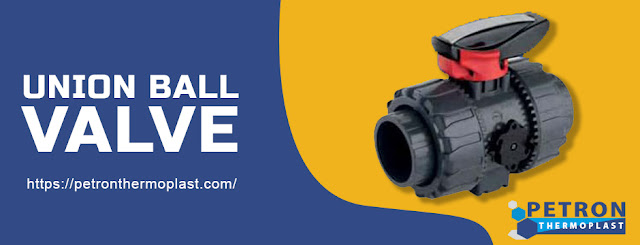Engineering
plastics provide
a wide range of advantages and can often replace metals or ceramics.
Furthermore, when it comes to implementing unconventional technical
applications, engineered plastic components are frequently the only option,
making them a true pacesetter for innovation in every industry.
Ensigned works with a wide range of engineering plastic and
thermoplastic polymers with better mechanical and/or thermal qualities than
common plastics like polystyrene, PVC, and Polyethylene.
Commodity and technical plastics have distinct characteristics, notably
their applications.
Plastics in everyday life:
People utilise commodity plastics in various mass-produced objects,
including children's toys and electrical product casings, in addition to
single-use plastic. Packaging film, bottles, bags, sneeze barriers or plastic
guards, and cutlery are only a few examples of popular uses for commodity
plastic in the mass production of single-use objects and products. Alternative
plastics are more expensive than the plastics utilised in these products.
People also use them when the mechanical qualities of plastic don't negatively
impact the product's performance or functionality.
Applications for commodity plastics:
·
Commodity plastics come in various shapes and
sizes, each with a plethora of uses. Plastic casings for electronic devices and
children's toys are Acrylonitrile Butadiene Styrene (ABS). Ethylene-vinyl
Acetate (EVA) is a material that is used to make swimming buoyancy aids and
flip-flop soles. HDPE (High-Density Polyethylene) is a polymer used to make
fuel tanks, water pipes, and bottle tops.
·
Another form of commodity plastic is low-density
polyethene (LDPE), used to make resealable bags and packaging foam.
What is engineering plastic?
Engineering plastic, as opposed to commonly used commodity plastics for
packagings such as PE, PP, and PVC, are employed when mechanical strength or
thermal resistance are required. However, they are not as sophisticated or
expensive as high-temperature plastics.
Experts can optimise product qualities across various applications using
material blends and alterations. As a result, engineering plastic has a diverse
range of properties. Professionals utilise engineering polymers at temperatures
between 100°C and 150°C indefinitely. This product category is also known as
technical thermoplastics in general.
Engineering plastic has the following benefits:
- Machinability
and dimensional stability are excellent.
- Chemical
resistance is excellent.
- Wear
resistance is excellent.
Applications of engineering plastics:
·
Polyamide (Nylon) is a flexible engineering plastic
that comes in various 'grades' and is used in components that require a lot of
repetition. Professionals take advantage of PA 6 and PA 66 in sections that
demand a lot of repetition. PA 6 G has increased strength and wear resistance
while remaining lightweight for greater balance and vibration reduction.
·
Applications requiring electrical insulation,
chemical resistance, or reduced friction utilise Polytetrafluoroethylene (PTFE,
or 'Teflon'). Because of its high strength and rigidity, polybutylene
terephthalate (PBT) is extensively used in connection strips. It has usages in
valve parts, pump housing, and home part applications. Thermal deformation,
resistance and dimensional stability are the other cause.
·
PET is polyester with great strength, rigidity,
density, and high resistance to moisture absorption. People utilise PET in the
electronics, automotive, medical, mechanical, and food industries as an
amorphous or semi-crystalline thermoplastic. Bearings, pumps, compressor plate
valves, and cable insulation made of polyetheretherketone (PEEK) are employed
in demanding applications.
Polymers known as commodity plastics have many applications, mainly in
households and single-use applications. Commodity and engineering plastic work
together to provide a wide range of modern needs. When a company needs a
polymer with specific mechanical properties and functionalities, selecting the
right engineering
plastics is crucial to
ensure long-term durability and compliance with safety regulations. You can buy these products at an affordable price
from Petron Thermoplast.






No comments:
Post a Comment